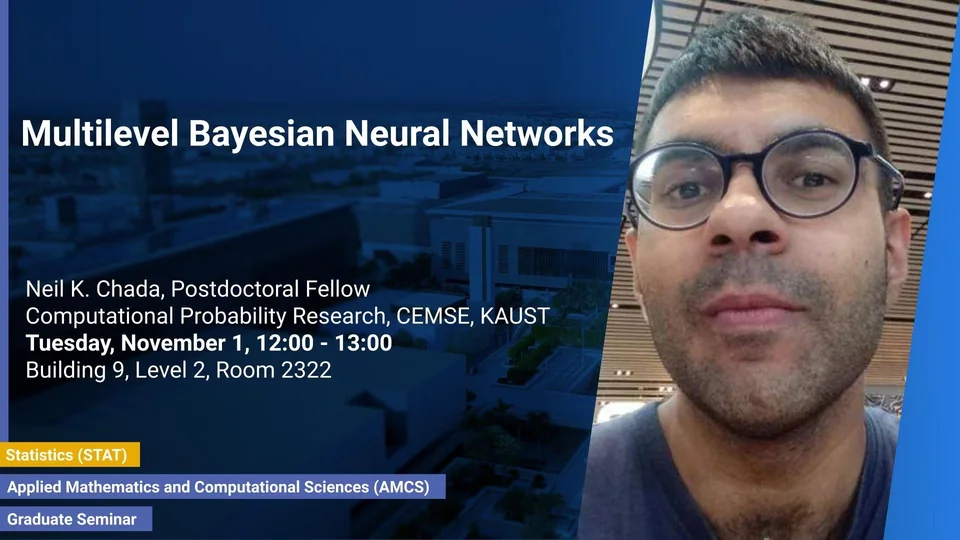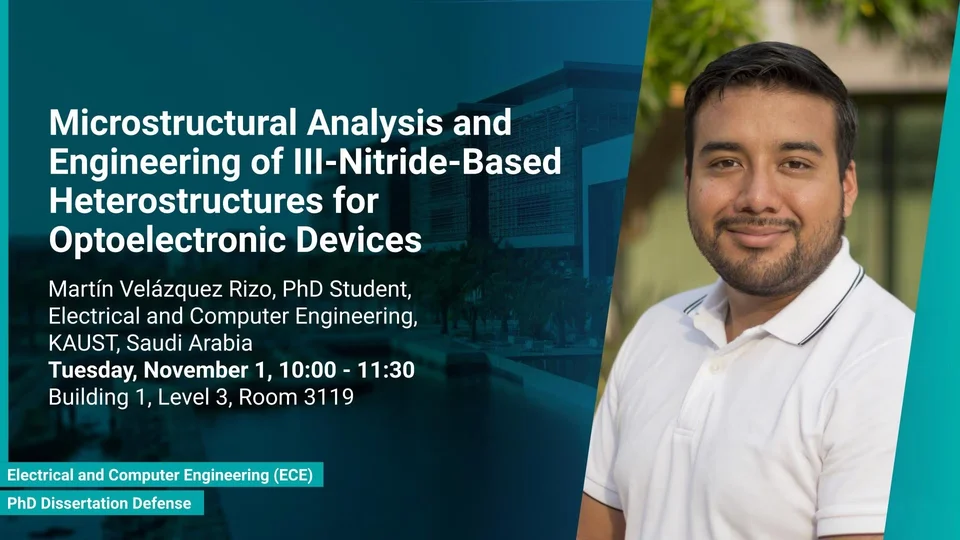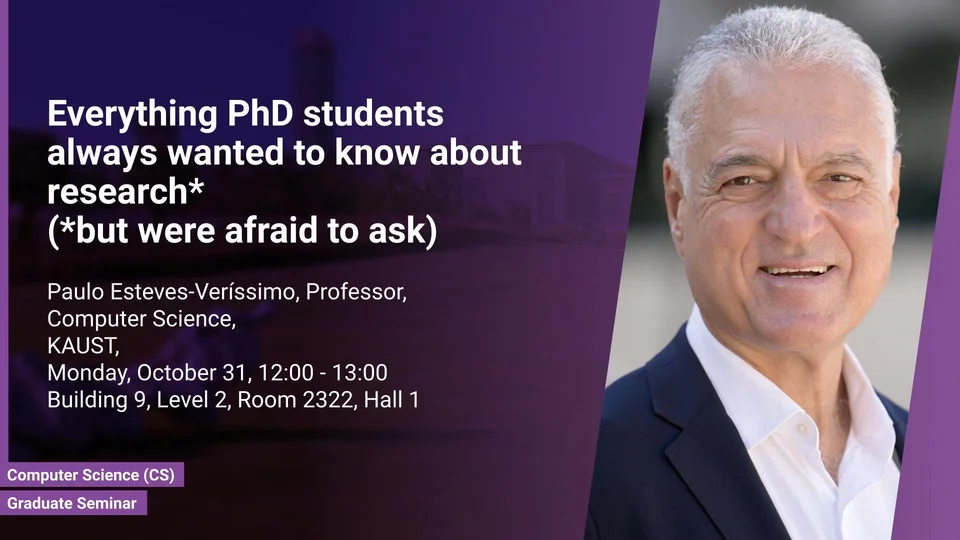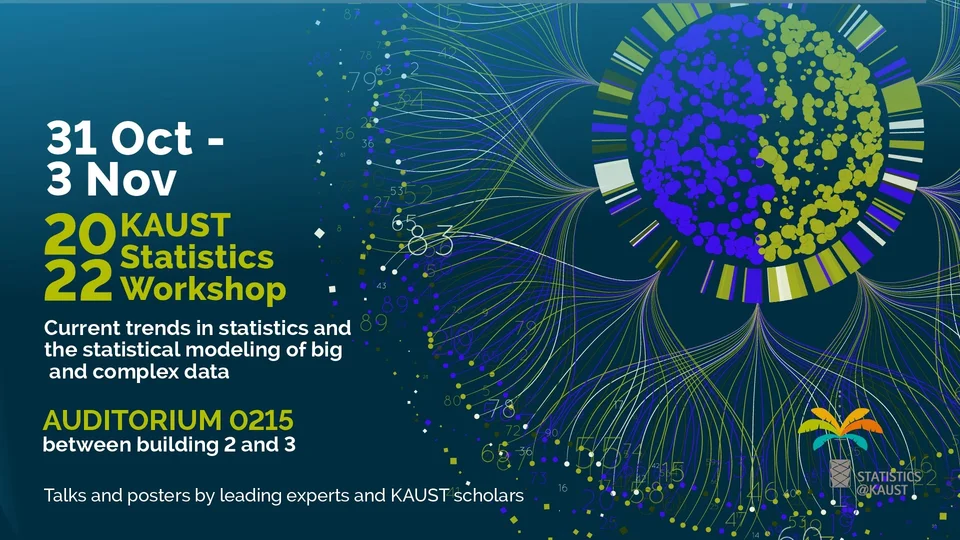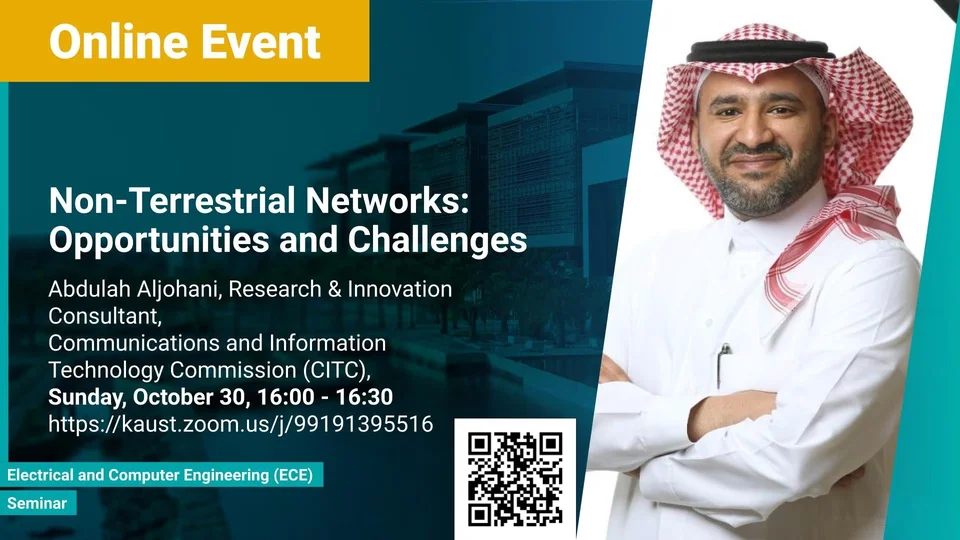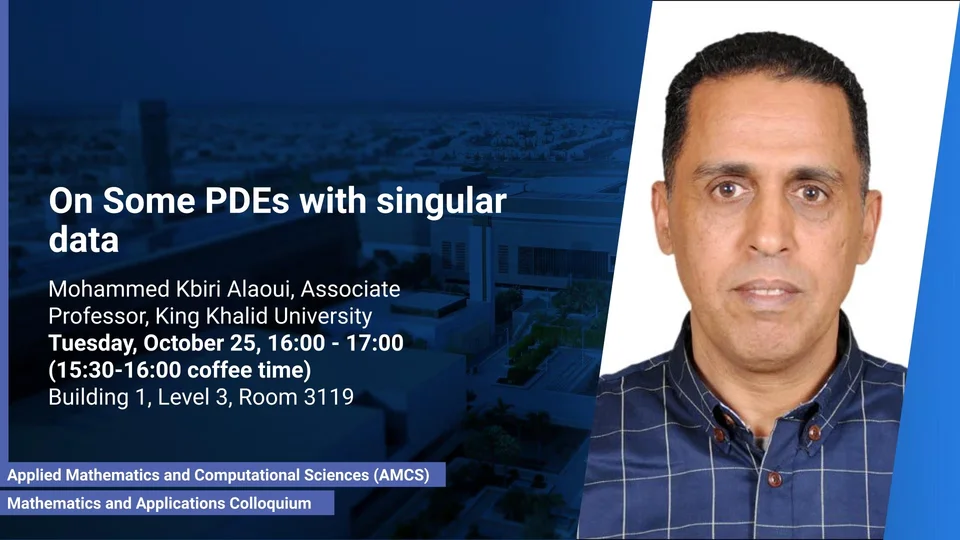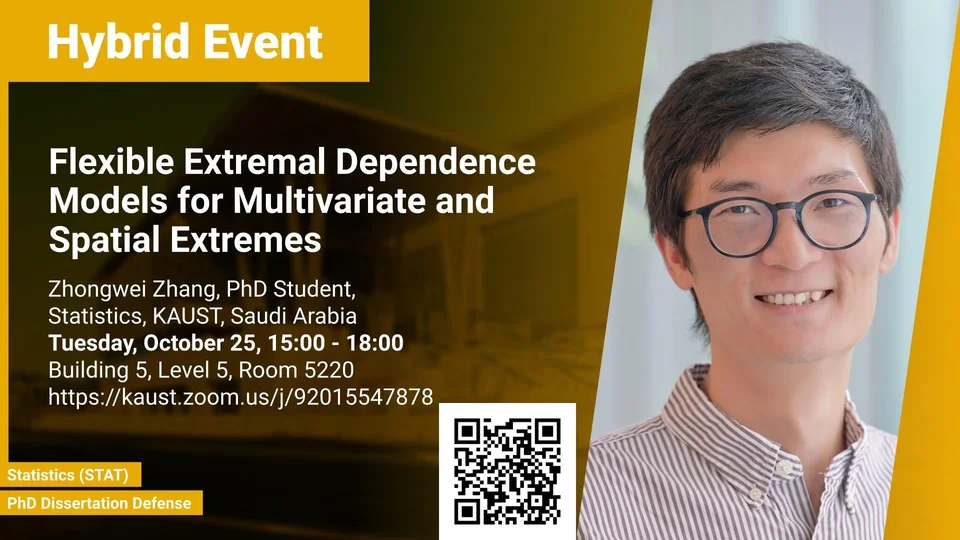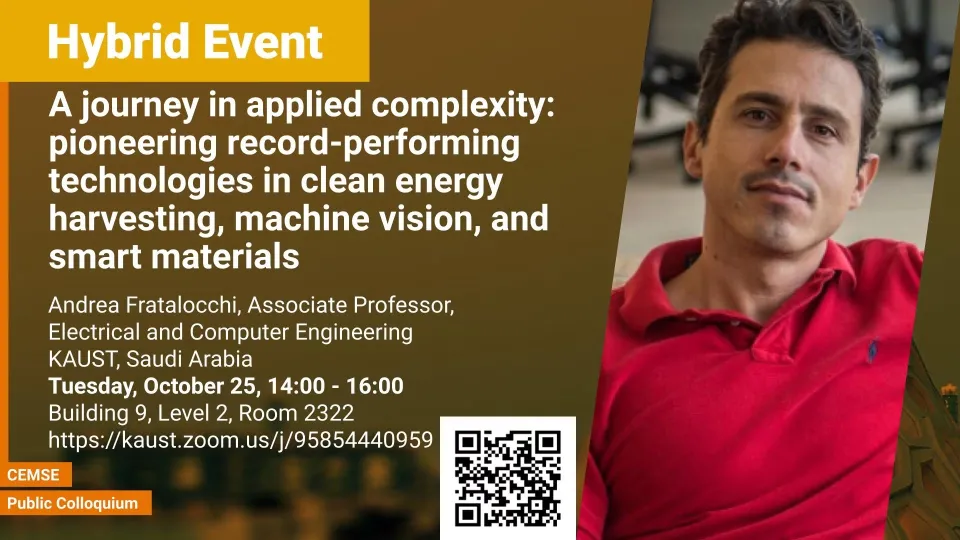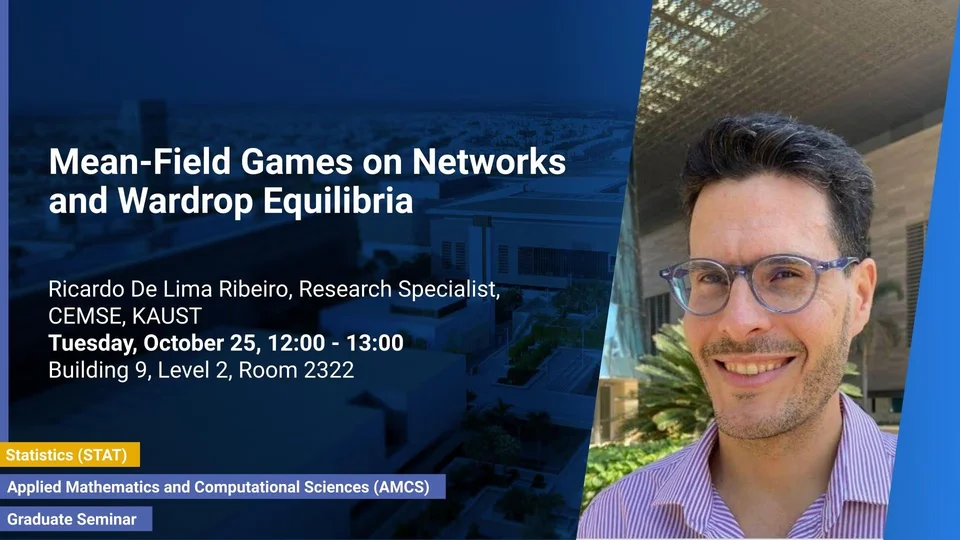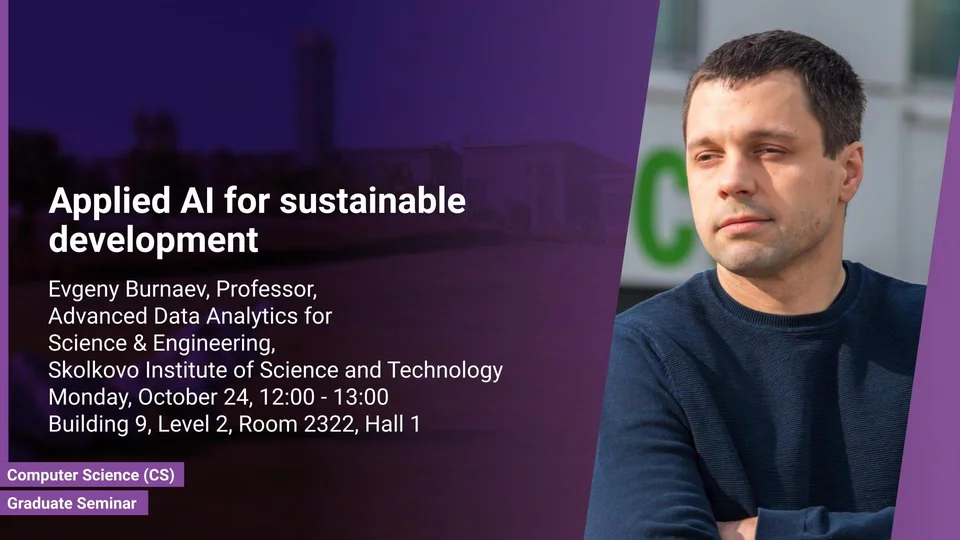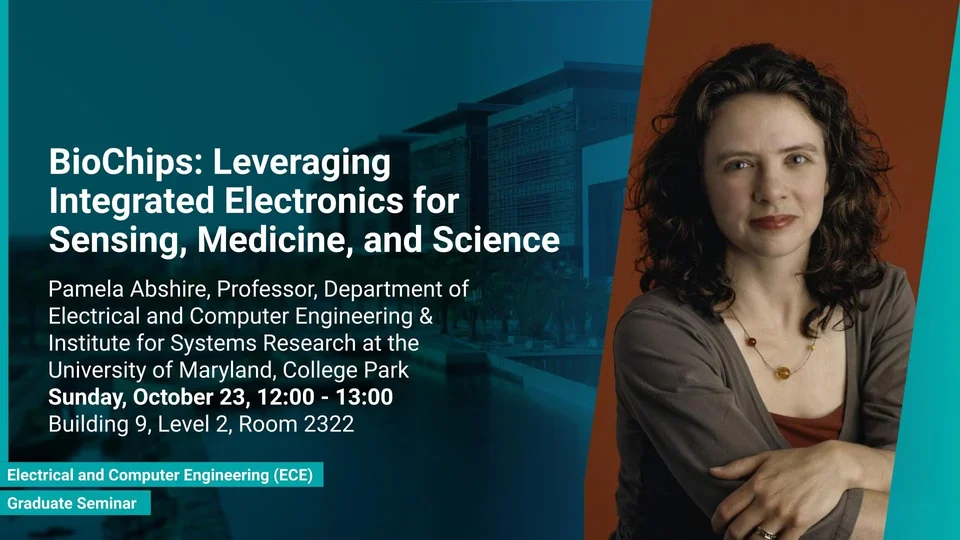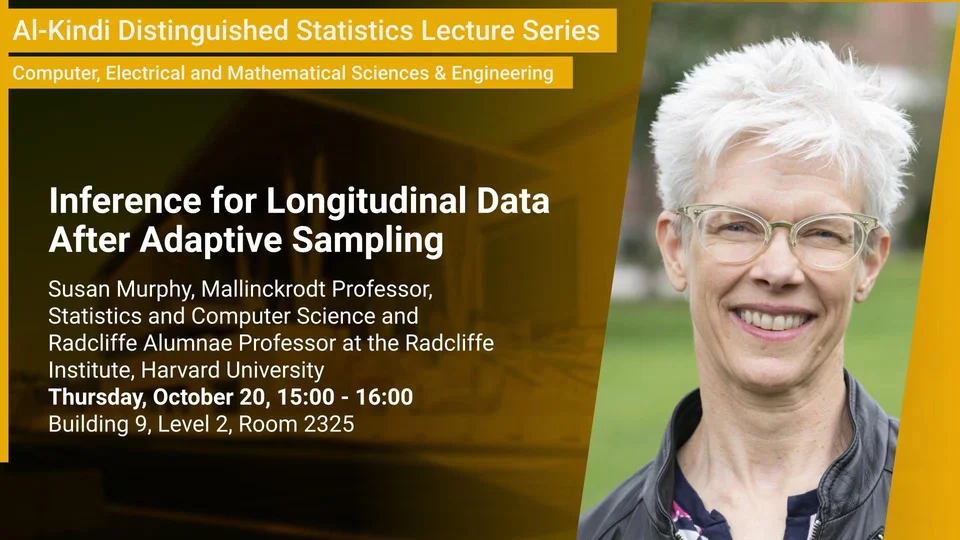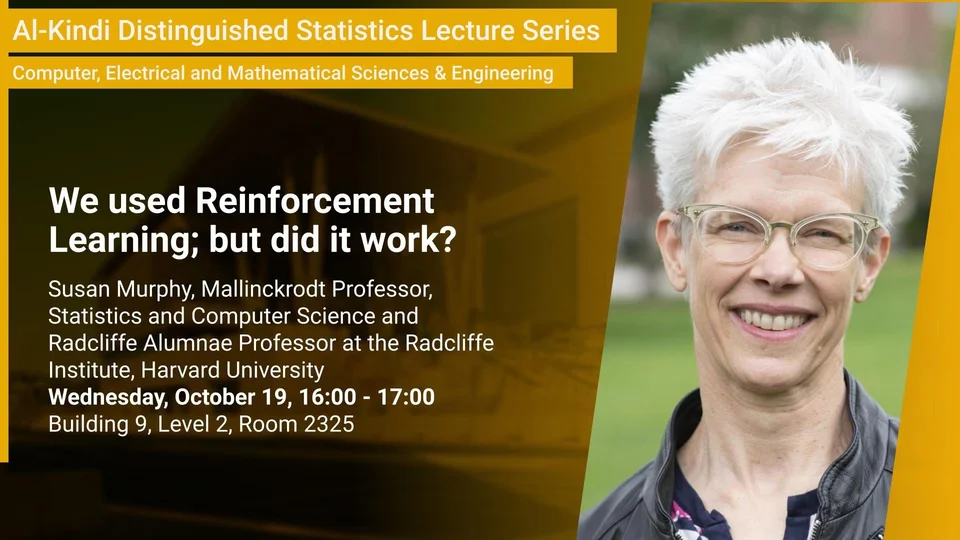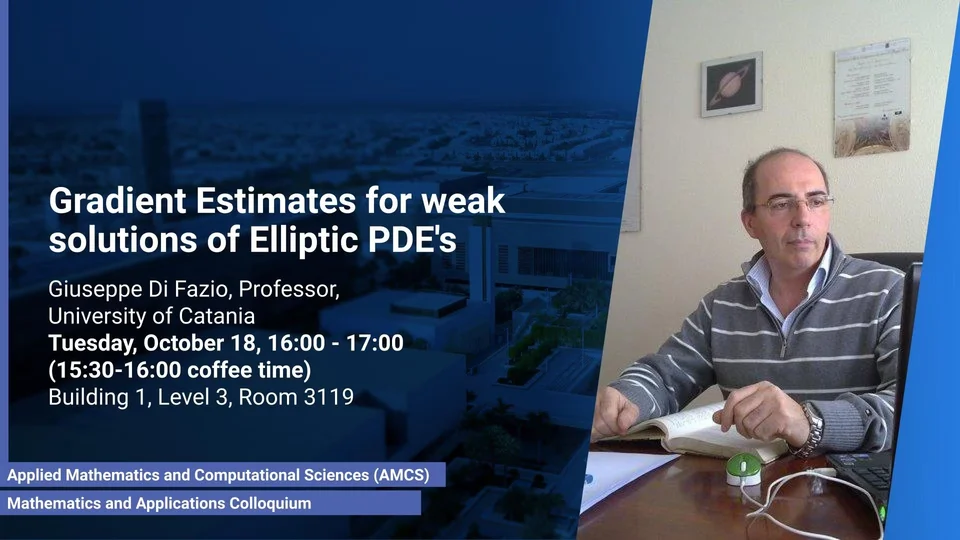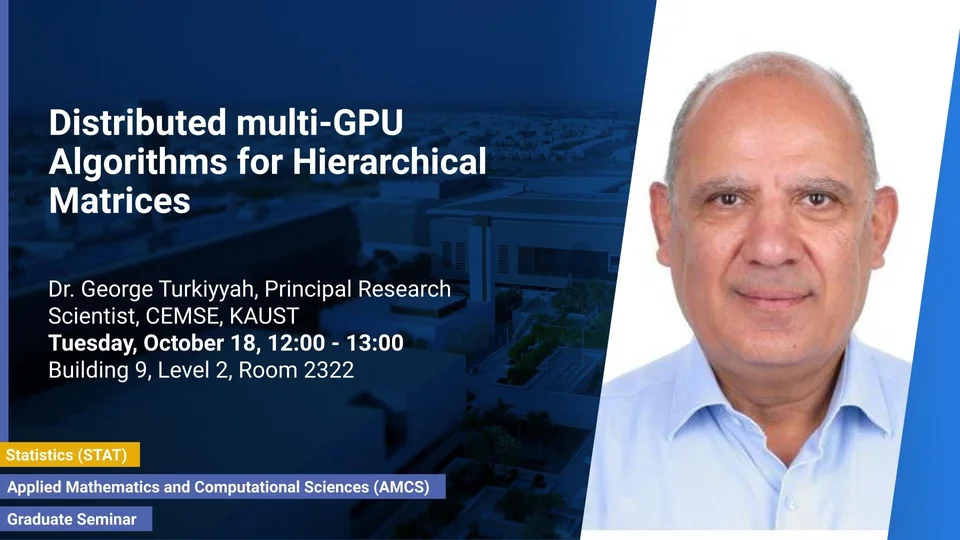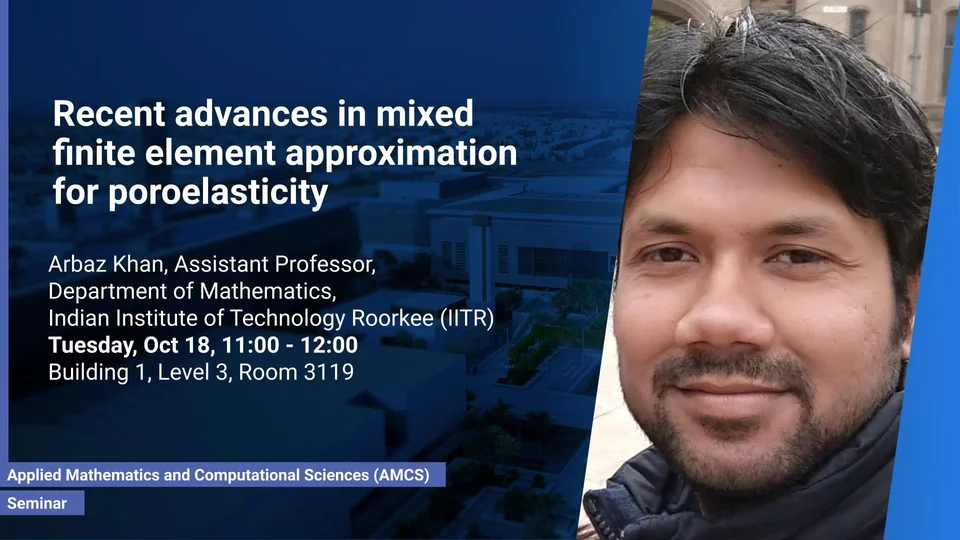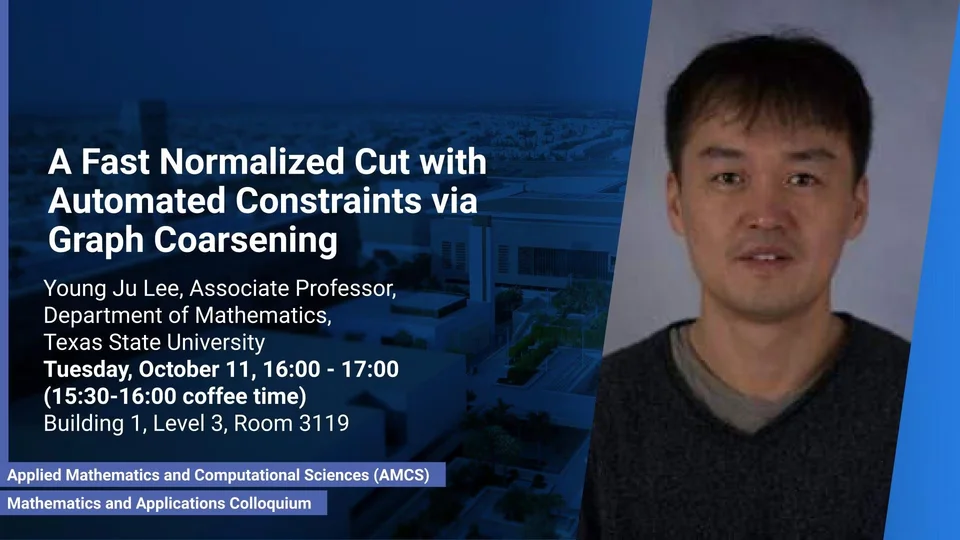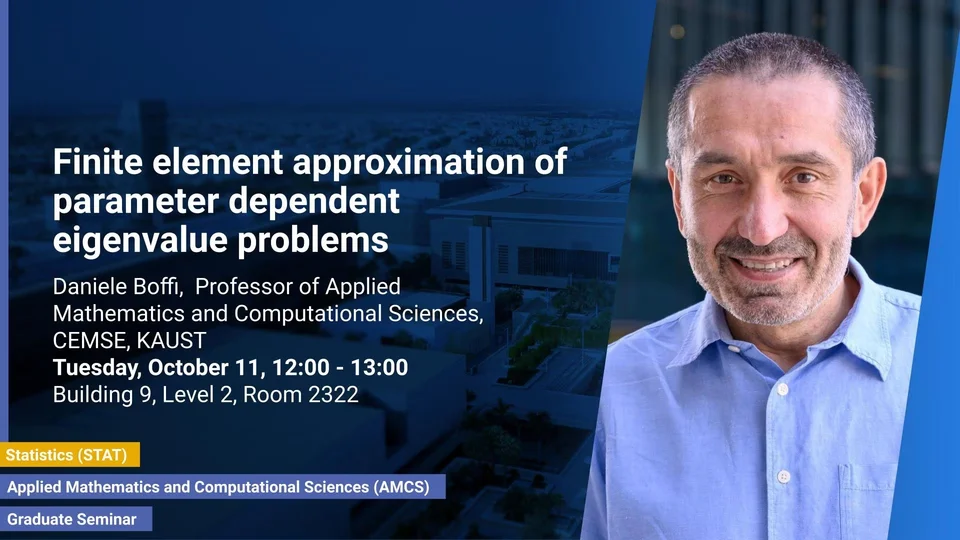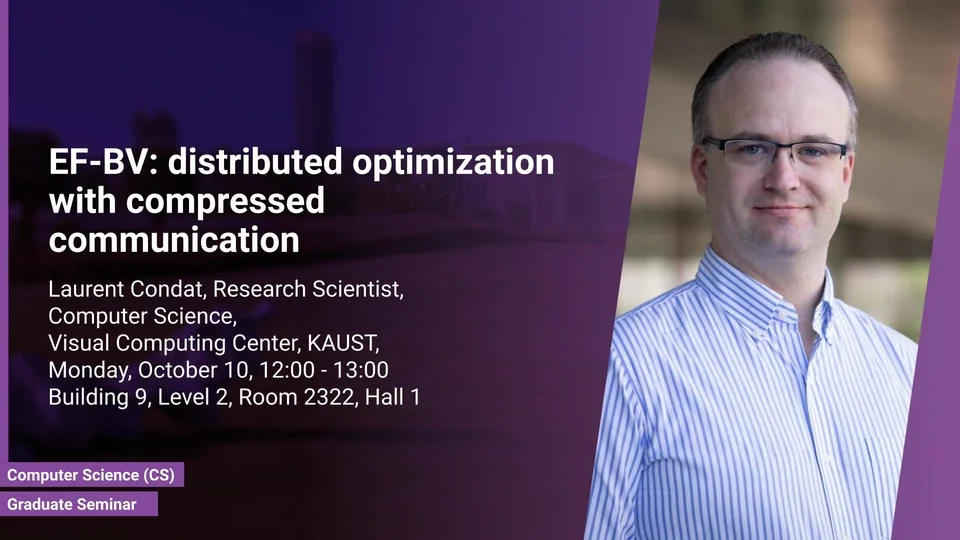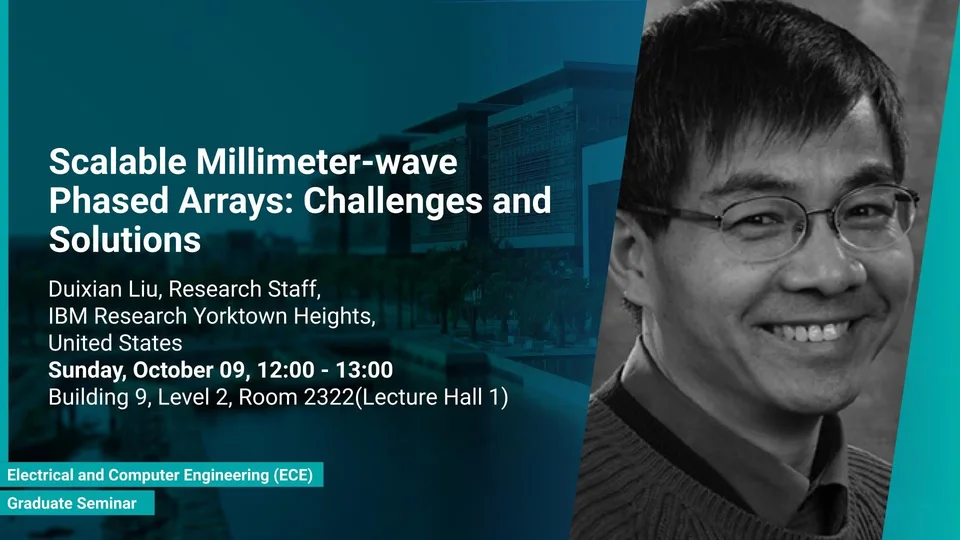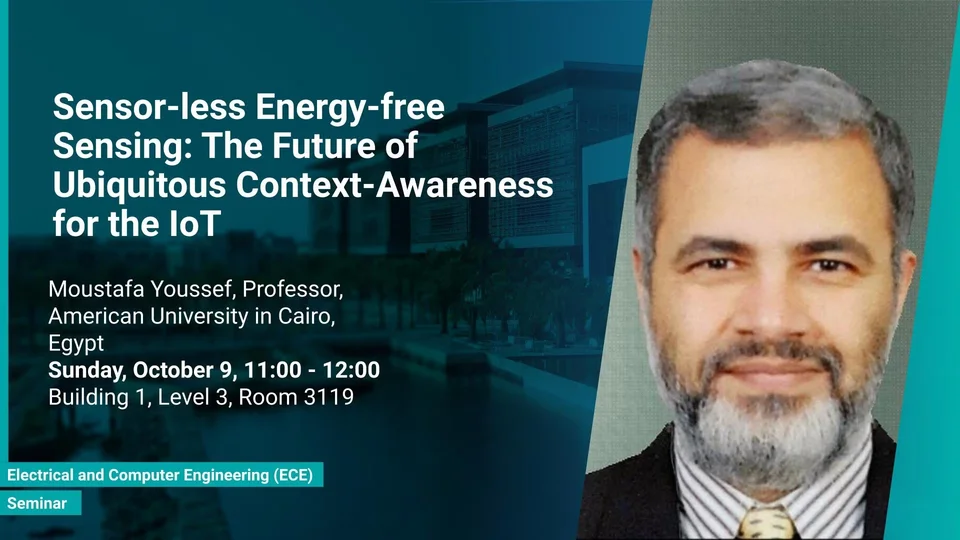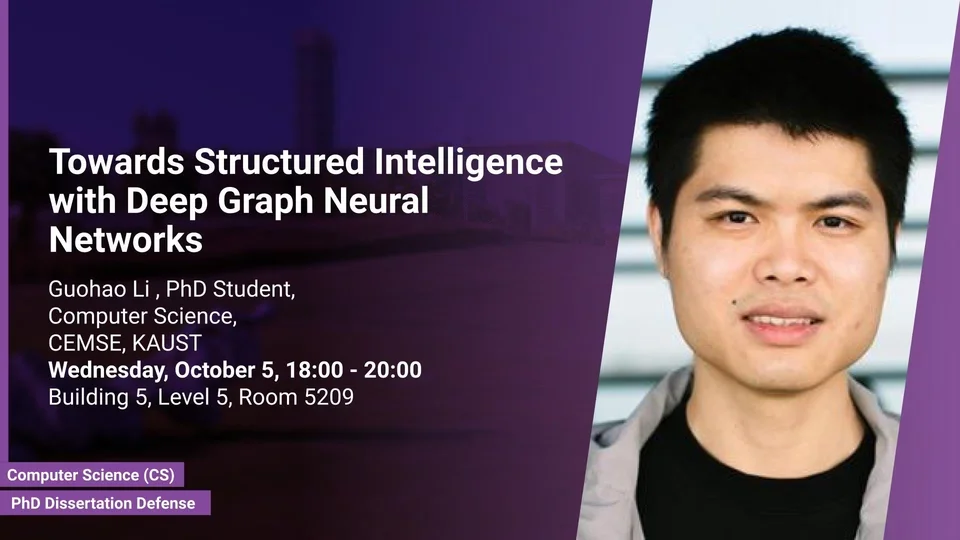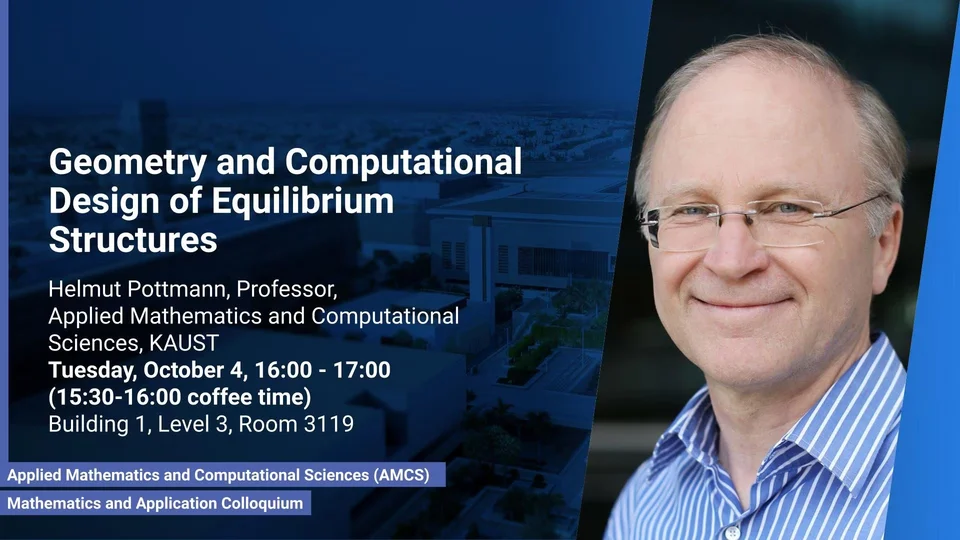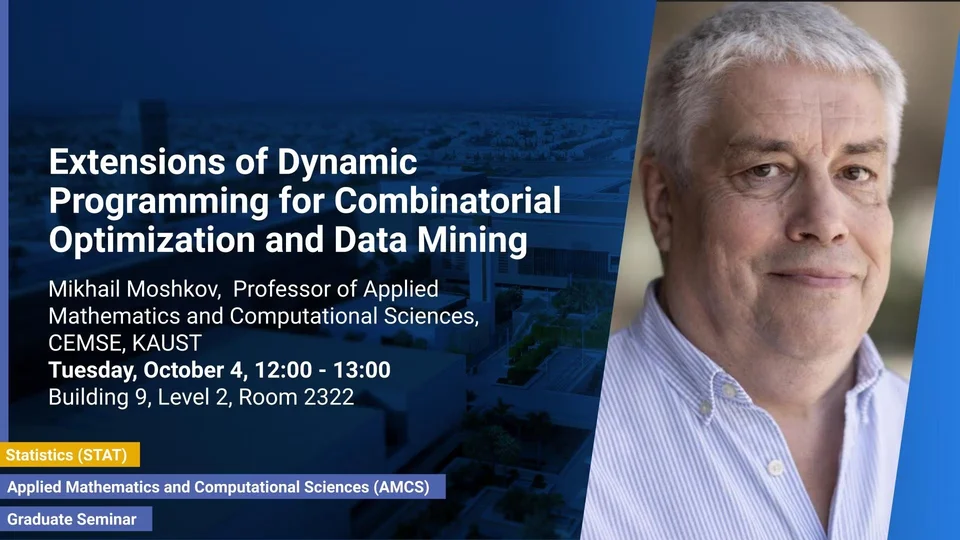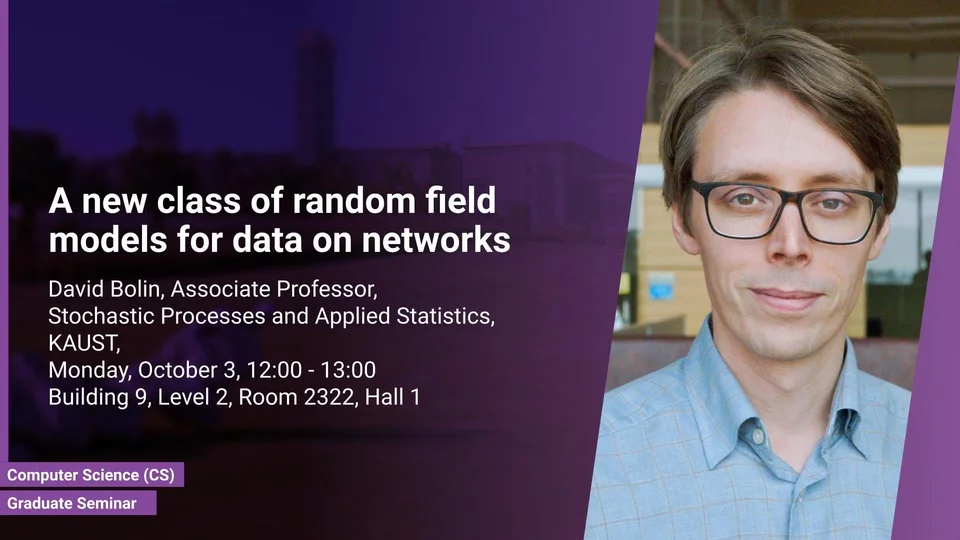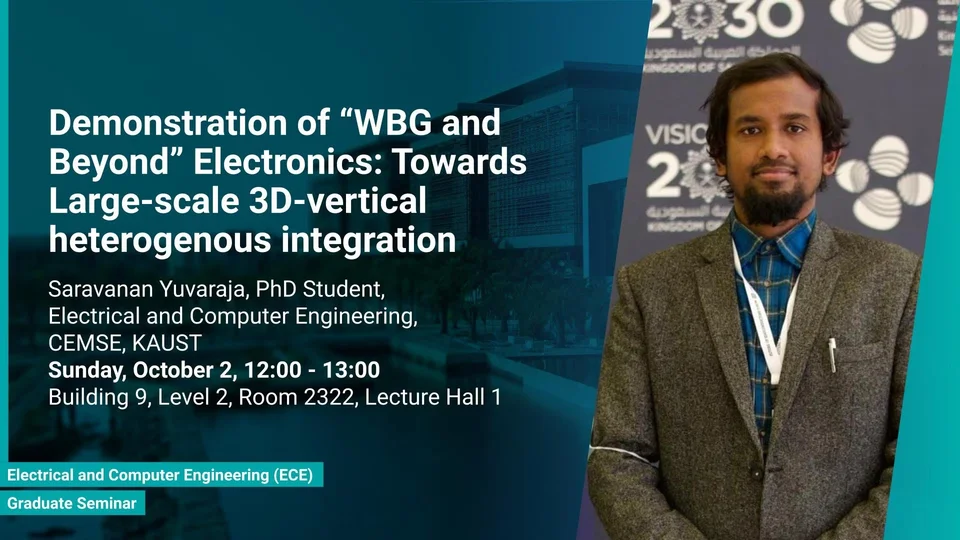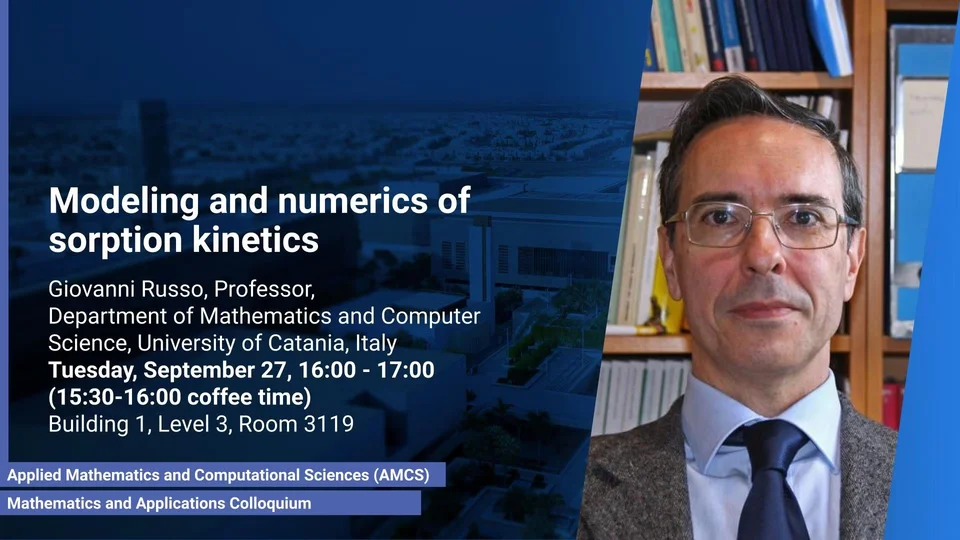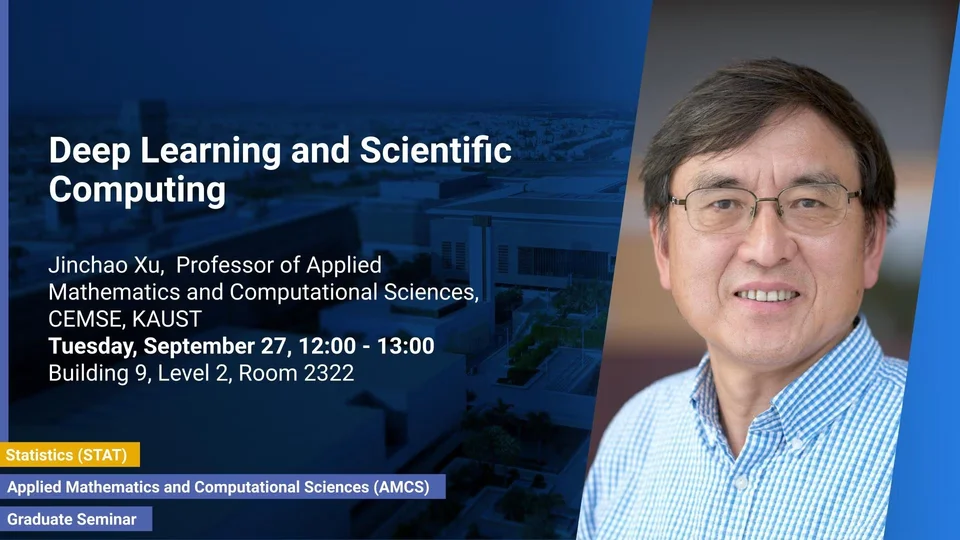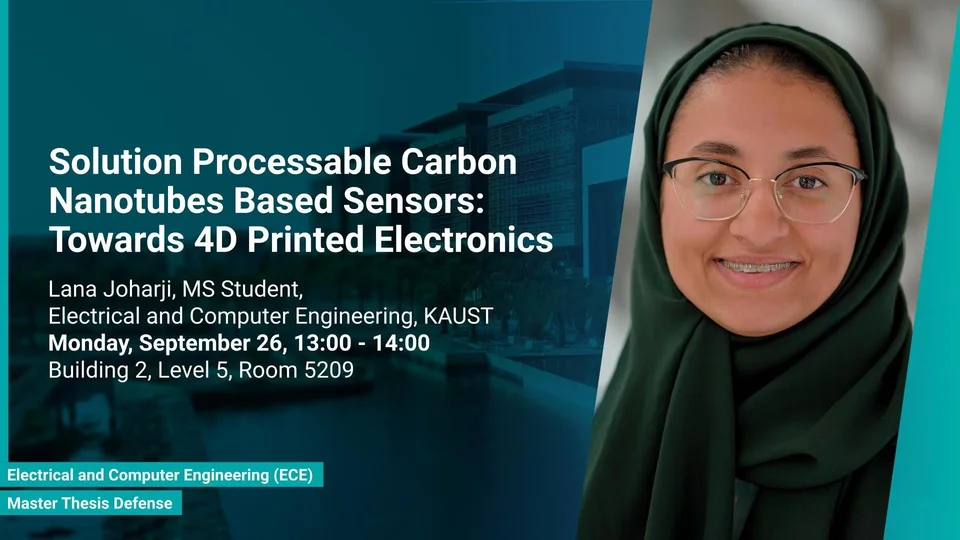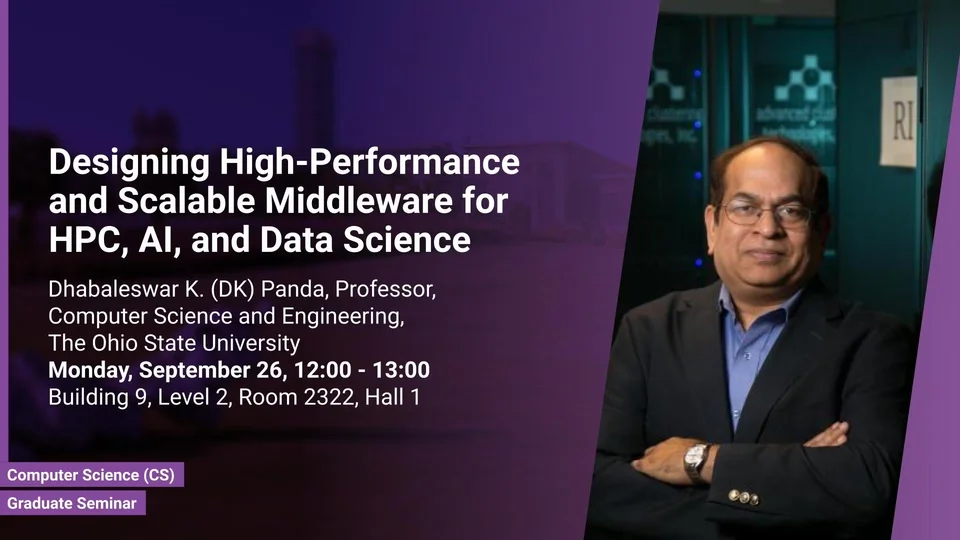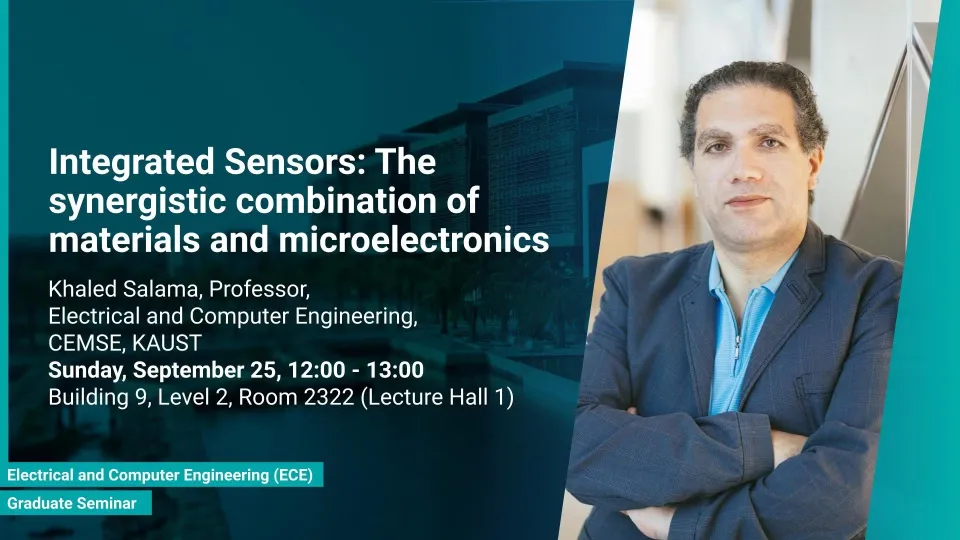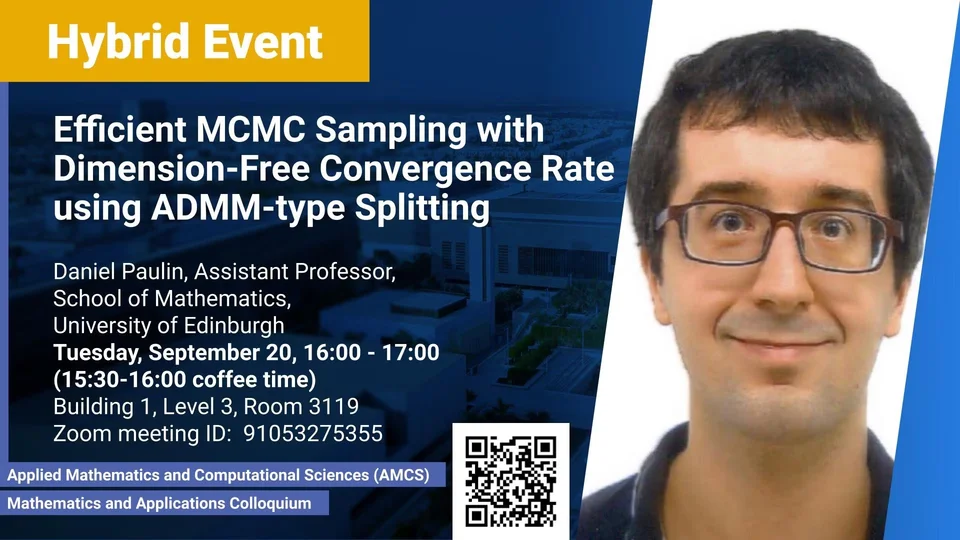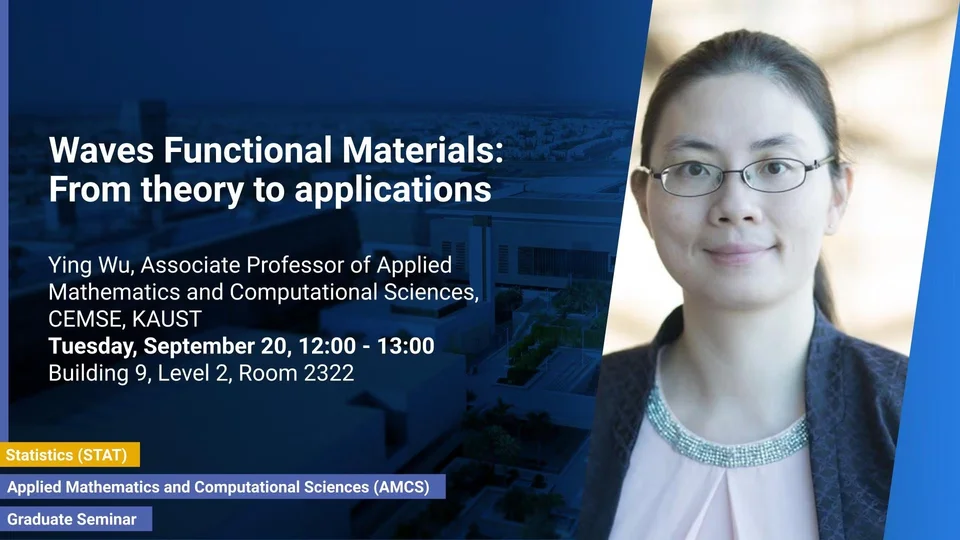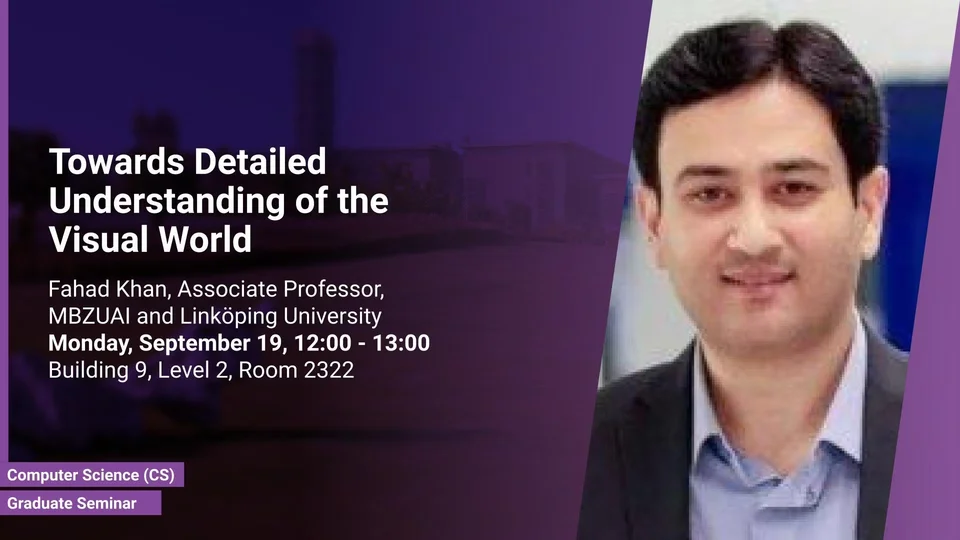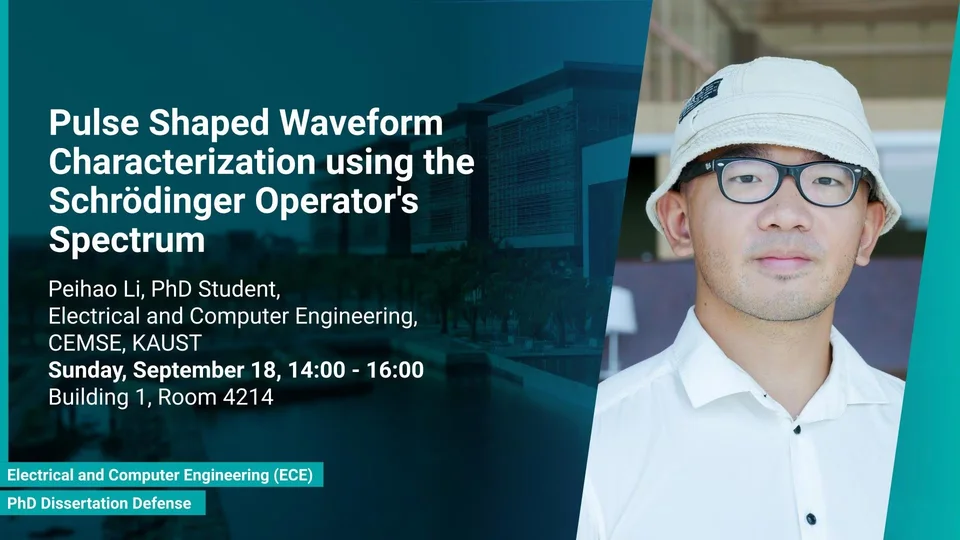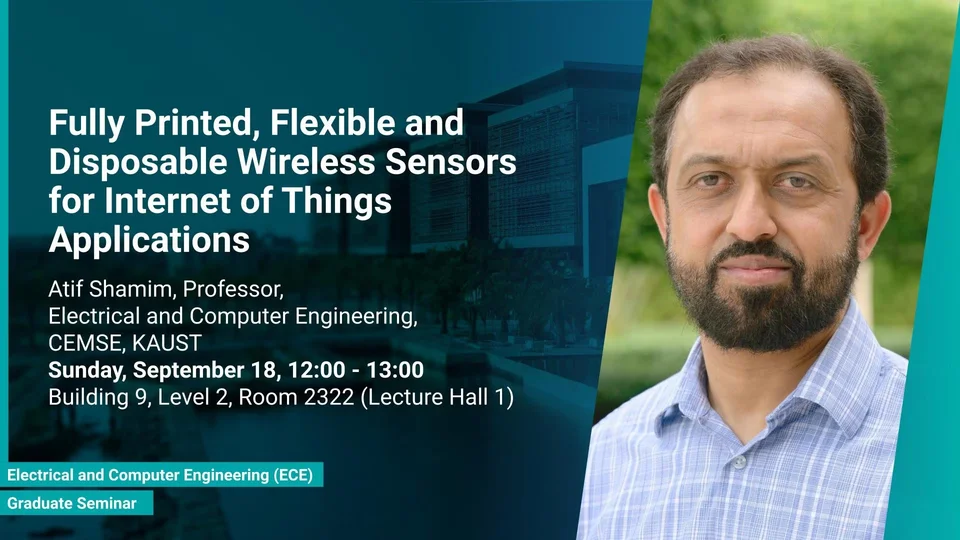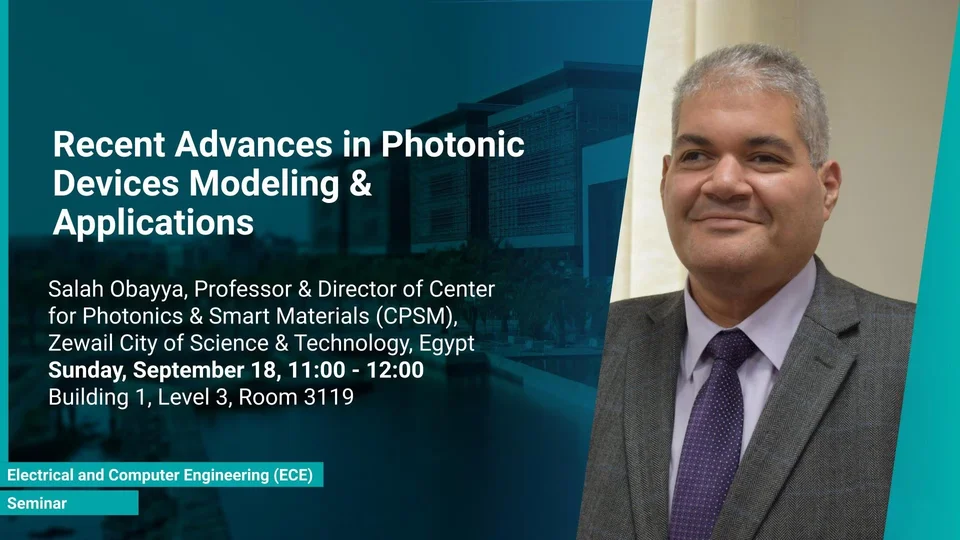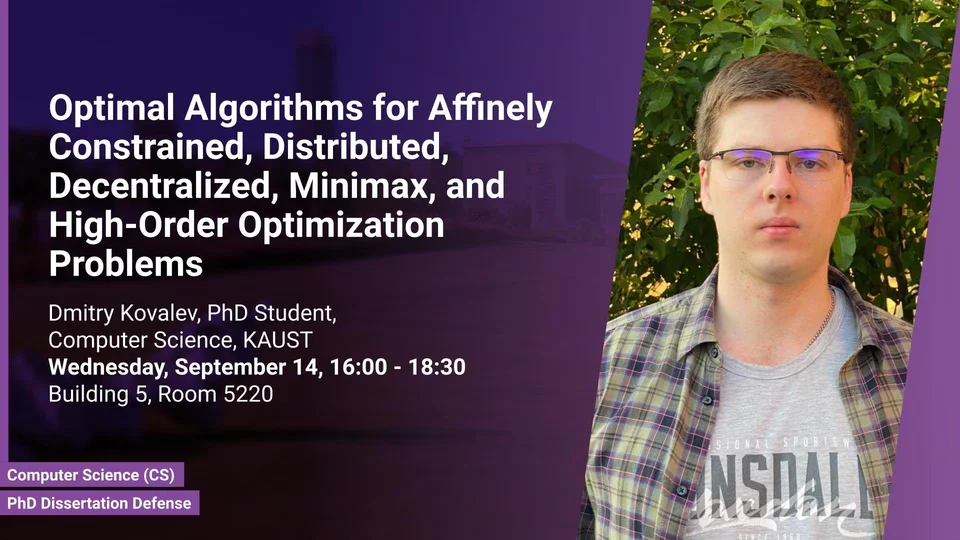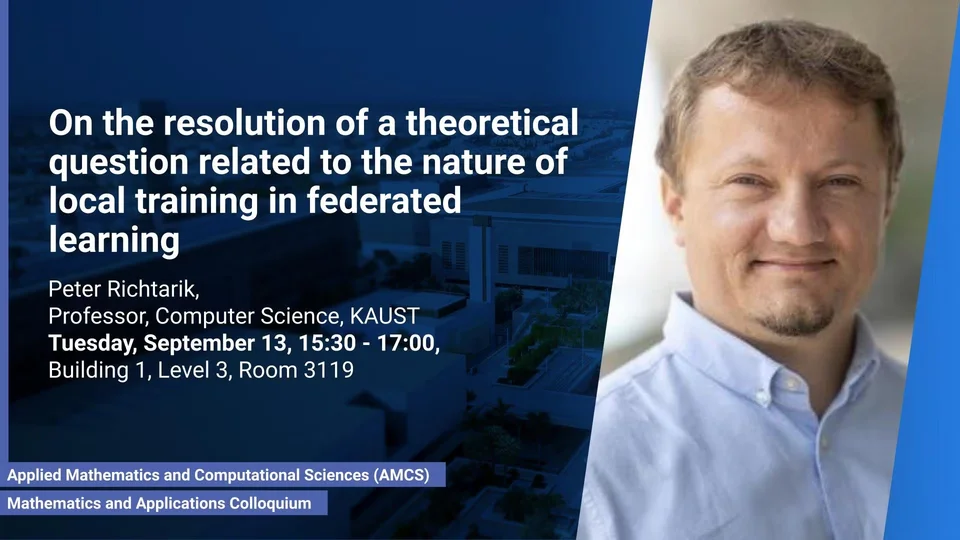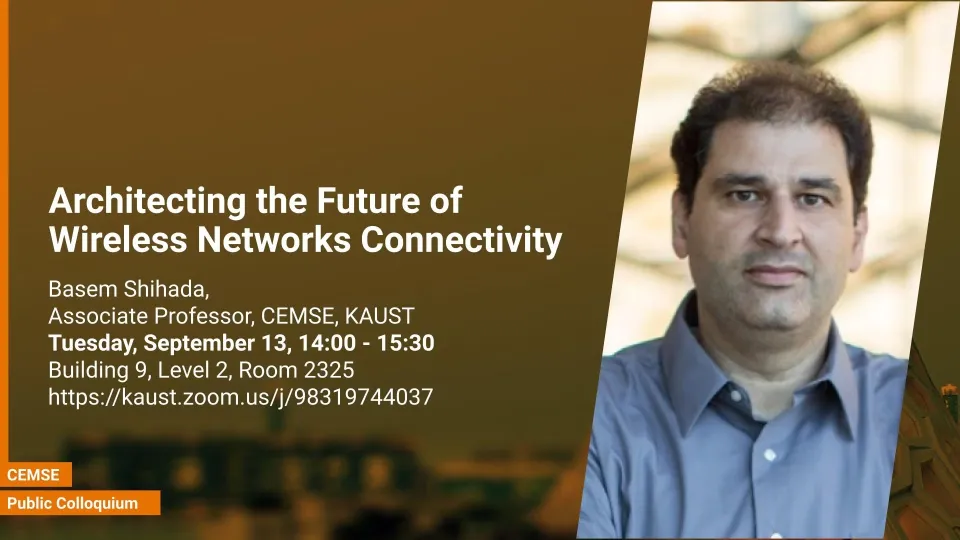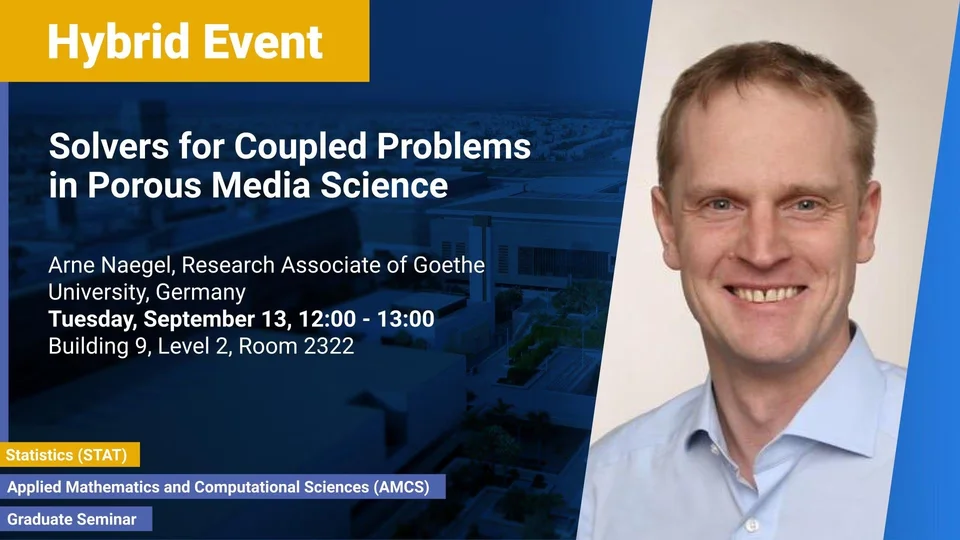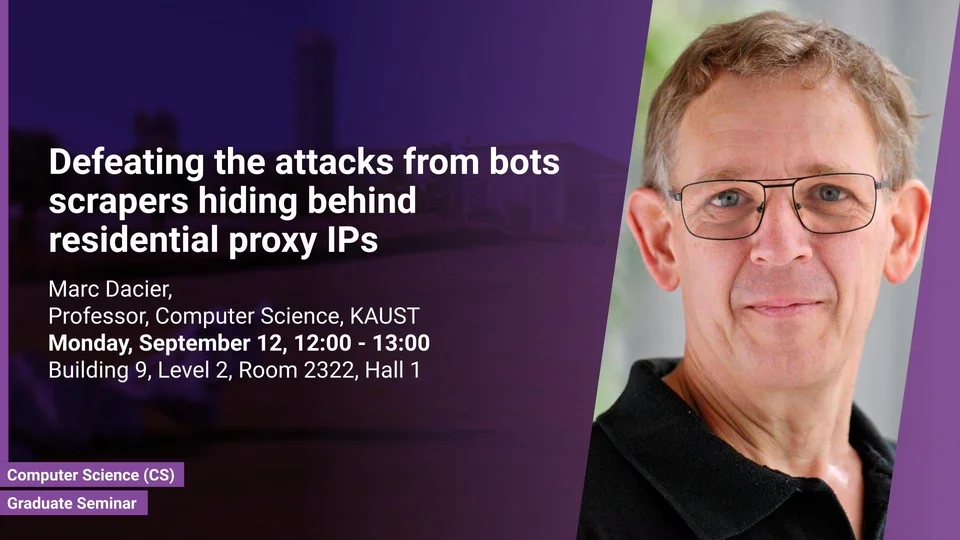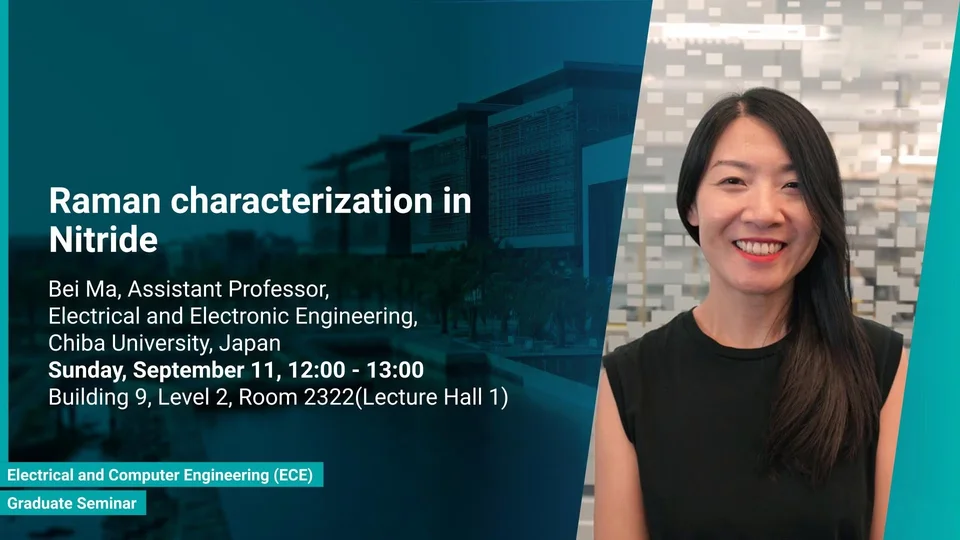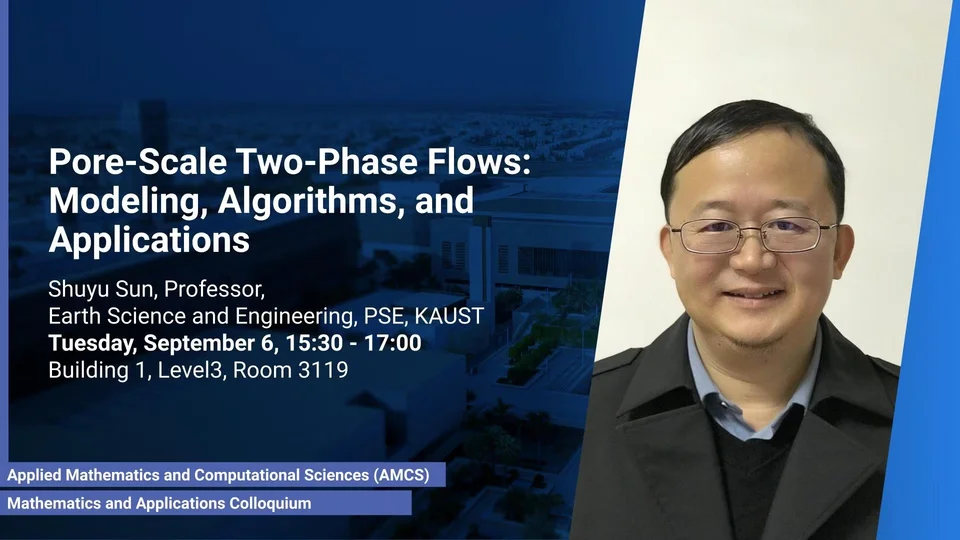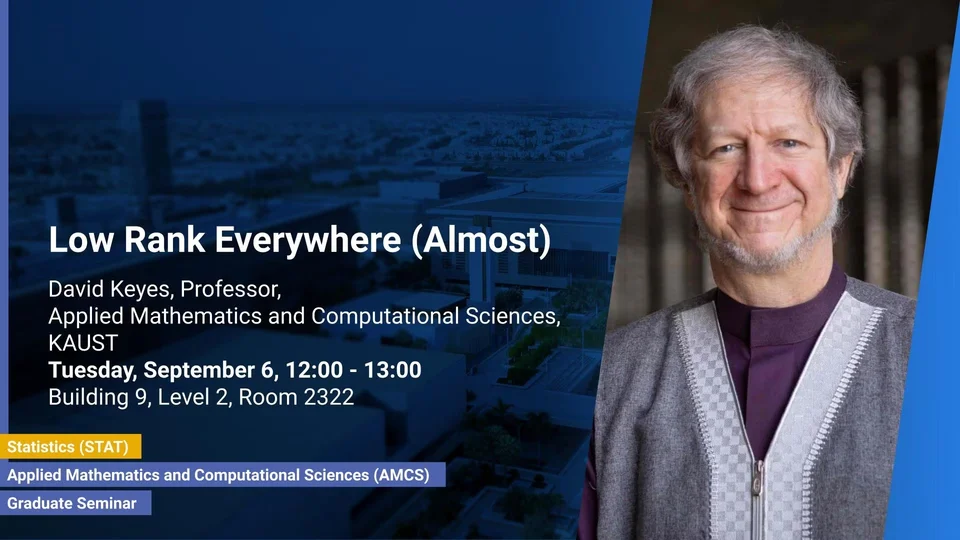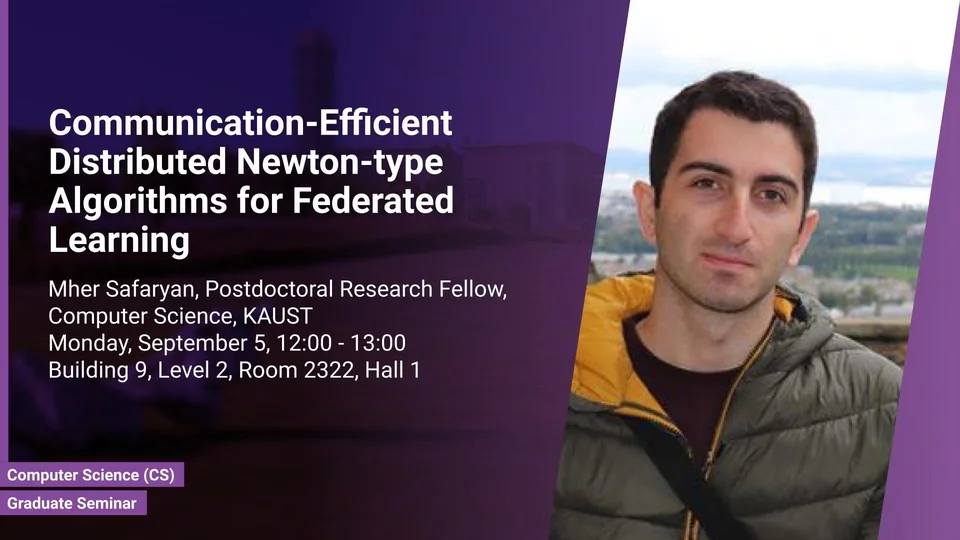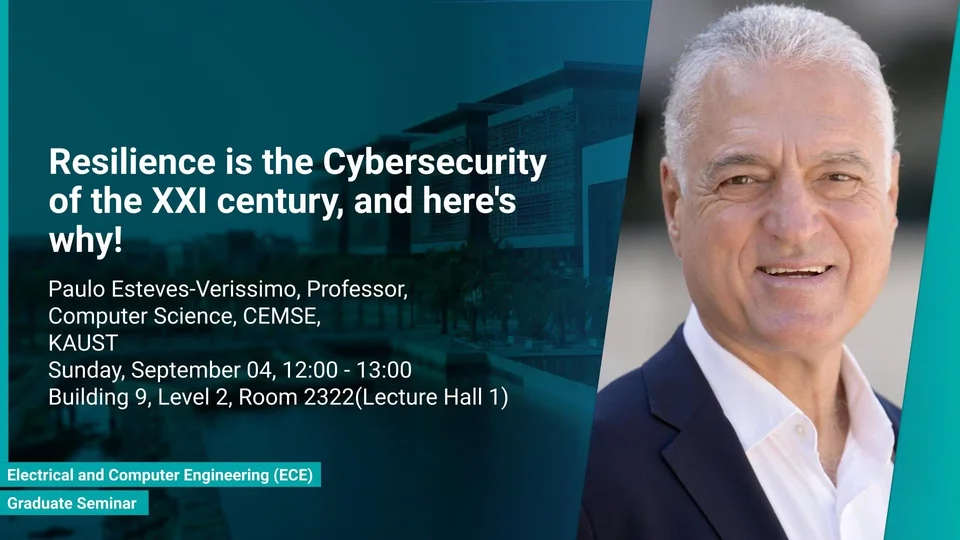Events
Oct 30 - Nov 5, 2022
Non-Terrestrial Networks: Opportunities and Challenges
Abdulah Aljohani, Research and Innovation Consultant, Communications and Information Technology Commission (CITC)
KAUST
Toward scalable and high performance on-chip light source for integrated silicon photonics
Chen Shang, Postoctoral Researcher Fellow, University of California Santa Barbara
B9 L2 R2322
Oct 23 - Oct 29, 2022
Enabling the New Semiconductor Revolution through Advances in Design-for-Yield, Design-for-Test, and Fault-Origin Analysis
Krish Chakrabarty, John Cocke Distinguished Professor, Electrical and Computer Engineering, Duke University
B9 L2 R2322
BioChips: Leveraging Integrated Electronics for Sensing, Medicine, and Science
Pamela Abshire, Professor, Department of Electrical and Computer Engineering and Institute for Systems Research at the University of Maryland, College Park
B9 L2 R2322
Oct 16 - Oct 22, 2022
Inference for Longitudinal Data After Adaptive Sampling
Prof. Susan Murphy, Statistics and Computer Science and Radcliffe Alumnae Professor at the Radcliffe Institute, Harvard University
B9 L2 H2
We used Reinforcement Learning; but did it work?
Prof. Susan Murphy, Statistics and Computer Science and Radcliffe Alumnae Professor at the Radcliffe Institute, Harvard University
B9 L2 H2
Recent advances in mixed finite element approximation for poroelasticity
Arbaz Khan, Assistant Professor, Department of Mathematics, Indian Institute of Technology (IIT)
B1 L3 R3119
Oct 9 - Oct 15, 2022
Scalable Millimeter-wave Phased Arrays: Challenges and Solutions
Duixian Liu, Research Staff, IBM T. J. Watson Research Center, New York, USA
B9 L2 R2322 H1
Sensor-less Energy-free Sensing: The Future of Ubiquitous Context-Awareness for the IoT
Moustafa Youssef, The American University in Cairo, Egypt
B1 L3 R3119
Oct 2 - Oct 8, 2022
Sep 25 - Oct 1, 2022
Sep 18 - Sep 24, 2022
Recent Advances in Photonic Devices Modeling & Applications
Salah Obayya, Professor and Director of Center for Photonics and Smart Materials (CPSM) Zewail City of Science and Technology
B1 L3 R3119
Sep 11 - Sep 17, 2022
Sep 4 - Sep 10, 2022
Aug 28 - Sep 10, 2022
Compound Semiconductor Weekend
Integrated Photonics Laboratory; Smart, Advanced Memory devices and Applications Laboratory; Photonics Laboratory; Advanced Semiconductor Laboratory
B3 L5 R5209
